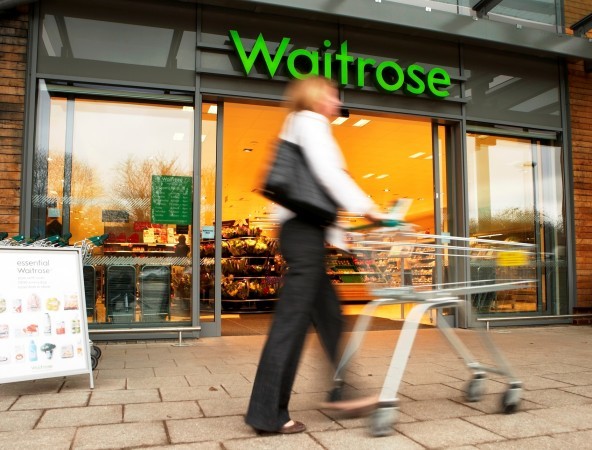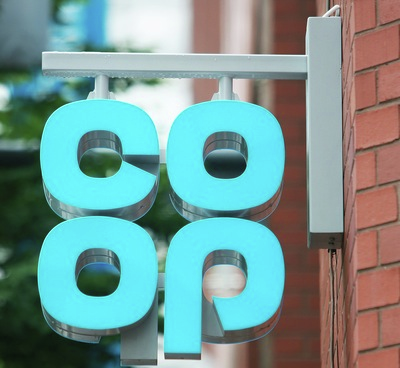Co-operatives in the food industry often outperform privately listed companies when it comes to animal welfare, a report finds.
Waitrose – part of the worker-owned John Lewis Partnership – and Swiss retailers Coop Switzerland and Migros all made the top tier of the Business Benchmark on Farm Animal Welfare (BBFAW) report.
The report said: “We included ten co-operatives (Arla Foods, Camst, Coop Group (Switzerland), E Leclerc, Fonterra, Migros, REWE Group, FrieslandCampina, Co-op (UK) and the Terrena Group) in our research. These scored significantly better than the private or publicly listed companies.”
The benchmark, which is “designed to drive higher farm animal welfare standards in the world’s leading food businesses”, assessed 99 companies in 17 countries on their commitment to, and reporting of, animal welfare.

It was drawn up by BBFA with experts from Compassion in World Farming and World Animal Protection.
Judged against the benchmark’s criteria, the average score was just 34%. To get into the top tier, Waitrose, Coop Switzerland and Migros all scored above 80%. M&S, Cranswick and Noble Foods also made this bracket.
The UK’s Co-operative Group was included in tier 2, showing that animal welfare was “integral to its business strategy”, said the report.
Related: Co-op Group and Waitrose tighten ethical sourcing policies for tuna
It added: “Companies in tiers 1 and 2 have made strong commitments to farm animal welfare, have well developed management systems and processes, and have a clear focus on farm animal welfare performance measures.”
In tier 3, Danish dairy Arla and Dutch dairy FrieslandCampina showed animal welfare was “established” in their business agenda, but there was “work to be done”, said the review.
In tier 4, New Zealand multinational dairy Fonterra and Geman retailer REWE were “making progress on implementation”; and in tier 5, French farming group Terrena and Italian caterer Camst had animal welfare on their business agenda but with “little evidence of implementation”.
But in tier 6, French hypermarket chain E Leclerc showed “no evidence” of animal welfare on its business agenda.
The report, now in its fifth year, looks at management commitment and policy – such as overarching farm animal welfare to specifics such as close confinement and long-distance transport – and governance, such as management oversight, welfare-related targets and supply chain management.
It also includes research and development and customer and client engagement, and performance reporting and impact measurement.

The report adds: “One of the most encouraging findings from both the 2015 and 2016 Benchmarks has been the significant improvement we have seen in the quality of corporate reporting.”
It cites the Swiss Coop Group, the UK Co-op Group, Migros and Waitrose among those with “a consolidated and organised account of their approach to farm animal welfare”.
“This reporting not only facilitates our work when evaluating company approaches and performance,” says the report, “it allows stakeholders to understand the business, to understand the relevance of farm animal welfare to the business, to understand how the company is currently managing farm animal welfare, and to understand how the company will manage farm animal welfare in the future.”
In its detailed results, the report highlighted Waitrose owner John Lewis Partnership’s employee-engagement across the business to identify issues of concern.
It also focused on REWE Group’s commitment against animal mutilation, “to no longer stock conventional own-brand eggs sourced from laying hens with trimmed beaks.”
“Based on the life expectancy of laying hens, this would mean that eggs from hens with trimmed beaks would be banned from the market by mid-2018 at the latest,” said REWE.
“Rewe Group is now one of the first trade associations in Germany to bring the date forward to the end of 2017. Organic eggs are not included in this measure, because trimming their beaks is already prohibited.”

